Many challenges
Climate change, changing consumer tastes and high demands for food safety are posing unprecedented challenges to agriculture in the Mekong Delta. At the workshop "National Science on Sustainable Agriculture - AFS 2025 and Practices in the Mekong Delta" recently held at Tien Giang University (Dong Thap province), experts have proposed many breakthrough solutions. Particularly for Dong Thap, scientists recommended that the province should take farmers as the center and technology as the driving force.
Associate Professor Dr. Vo Ngoc Ha, Principal of Tien Giang University, emphasized: "Agriculture is the main economic sector of the Mekong Delta region in general, including Dong Thap, but we are facing unprecedented challenges such as climate change, land and water resource degradation, environmental pollution, ecosystem imbalance and increasing population pressure."
In fact, climate change is completely changing the farming ecosystem. Dr. Huynh Kim Dinh, Deputy Director of the Department of Economic Cooperation and Rural Development ( Ministry of Agriculture and Environment ) cited: In recent years, drought and saltwater intrusion lasting 3-4 months, encroaching 70-80 km into the fields, affecting tens of thousands of hectares of rice. Some areas cannot maintain 3 rice crops, forcing them to switch to other farming models.
Not only facing natural disasters, agriculture is also under pressure from changing consumer tastes. Customers, especially export markets, increasingly demand transparency, food safety, carbon emission reduction and international certification. This is a barrier to small-scale production but also opens up opportunities for organic, ecological and circular agricultural models.
For Dong Thap province (new), after merging Tien Giang with Dong Thap, the province has advantages in raw material areas and diverse ecological conditions from fresh water to brackish water. One of the highlights in the agricultural production results in the first 6 months of the year is that the whole province has 2,433 established growing area codes with a total area of 217,589 hectares; 541 key farming facilities have been granted certificates (pond codes) with an area of over 1,965 hectares of water surface, accounting for 45.8% of the farming water surface area.
Up to now, the whole province has more than 12,060 hectares of crops, over 2,054 million livestock and poultry certified for GAP and organic production... At the same time, Dong Thap still has to solve the problem of environmental pollution and lack of chain linkage.
Scientific and technological solutions for green agriculture
Regarding the new direction for rice in Dong Thap province, Dr. Nguyen Thi Lang (Mekong Delta High-Tech Agriculture Research Institute (HATRI) said that it is necessary to meet four criteria: low greenhouse gas emissions, drought and salinity resistance, pest resistance and high productivity.
Dr. Lang said that she researched the solution of genetic overlap for rice plants from wild rice sources and some domestic and foreign rice varieties that meet the ability to withstand salinity, drought and adapt to climate change. These "smart rice varieties" not only ensure productivity but also have high nutritional content, meeting market requirements.
Choosing varieties is not simply a matter of "changing seeds" but also a long-term livelihood strategy. Dr. Lang suggested that Dong Thap should pilot many models of rice-lotus, rice-shrimp rotation, etc. to help improve soil, save water and increase income.
Many emission-reducing rice cultivation models have proven to be effective in Thap Muoi, Cao Lanh, Go Cong Tay, etc., such as the "1 must 5 reductions" process, alternate wetting and drying (AWD), smart fertilizer use, and biological pest management. These solutions significantly reduce methane (CH₄) and nitrous oxide (N₂O), while saving production costs.
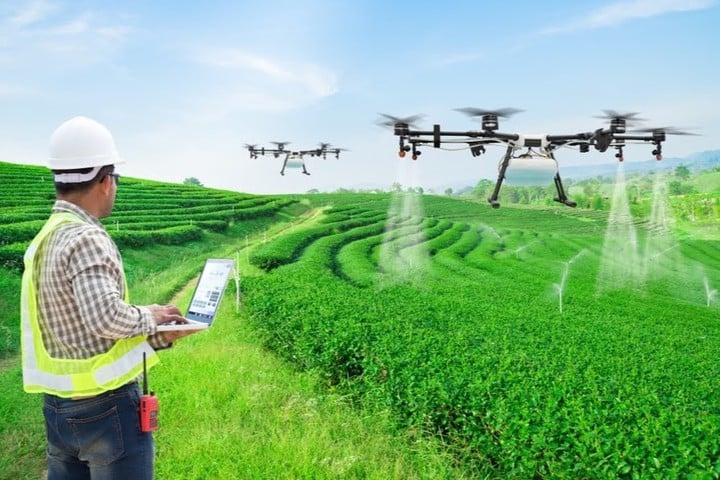
Illustration photo
At the workshop, Prof. Dr. Le Van Vang, Principal of the College of Agriculture (under Can Tho University) introduced a method of insect management using biological pheromones instead of chemical pesticides. This method is safe for the environment, does not leave chemical residues on rice and meets export standards.
Dr. Ngo Dac Thuan (Tien Giang University) proposed applying AI technology combined with sensors and real-time data analysis to provide early warning of pests on rice and fruit trees. "With this system, farmers can know exactly when there is a risk of pest outbreaks, thereby handling them promptly," said Dr. Thuan.
Farmers are the center, regional linkage is the key
For solutions to be truly effective, scientists believe that farmers must be at the center of the transformation process. Many scientific studies confirm that farmers play a central role in the process of sustainable agricultural development, requiring a change in mindset from producing what they have to producing what the market needs. They need to be trained in agricultural economics, digital transformation, agricultural product marketing and cooperative linkages. It is necessary to train farmers to become "agricultural entrepreneurs", proactively coordinating production and creating added value.
Therefore, regional linkage is considered the key to solving the problem of scale and sustainability. Solutions include sharing water resources, planning concentrated production areas, developing logistics infrastructure, cold storage and deep processing, expanding OCOP, VietGAP certification and traceability, encouraging enterprises to invest in high technology and expanding green credit and circular agricultural development funds.
Sustainable agricultural development in the current context is no longer an option but an inevitable path to ensure people's livelihoods, ensure national food security and global integration.
Dong Thap needs to pioneer a new approach, with farmers at the center, technology as the driving force and the market as the direction. From the initial models in Dong Thap, scientists hope to replicate them throughout the Mekong Delta, moving towards green, smart and low-emission agriculture.
According to Mr. Le Ha Luan, Director of the Department of Agriculture and Environment of Dong Thap province, in the first 6 months of 2025, the province will continue to develop agriculture in the direction of high technology, focusing on smart agriculture and climate change adaptation.
Typical examples include the application of 6 smart pest monitoring systems in key rice production areas using technology to track insects in light traps; the application of technology in livestock farming; the issuance and management of growing area codes; and the continued implementation of programs, projects, and scientific and technological topics related to the application of high technology in agricultural production.
Source: https://mst.gov.vn/dong-thap-truoc-buoc-ngoat-nong-nghiep-xanh-thong-minh-phat-thai-thap-197251119102245484.htm


![[Photo] National Assembly Chairman Tran Thanh Man holds talks with South Korean National Assembly Chairman Woo Won Shik](/_next/image?url=https%3A%2F%2Fvphoto.vietnam.vn%2Fthumb%2F1200x675%2Fvietnam%2Fresource%2FIMAGE%2F2025%2F11%2F20%2F1763629724919_hq-5175-jpg.webp&w=3840&q=75)
![[Photo] Lam Dong: Panoramic view of Lien Khuong waterfall rolling like never before](/_next/image?url=https%3A%2F%2Fvphoto.vietnam.vn%2Fthumb%2F1200x675%2Fvietnam%2Fresource%2FIMAGE%2F2025%2F11%2F20%2F1763633331783_lk7-jpg.webp&w=3840&q=75)

![[Photo] President Luong Cuong receives President of the Senate of the Czech Republic Milos Vystrcil](/_next/image?url=https%3A%2F%2Fvphoto.vietnam.vn%2Fthumb%2F1200x675%2Fvietnam%2Fresource%2FIMAGE%2F2025%2F11%2F20%2F1763629737266_ndo_br_1-jpg.webp&w=3840&q=75)


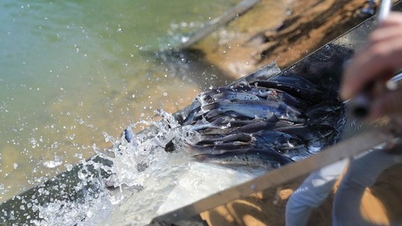

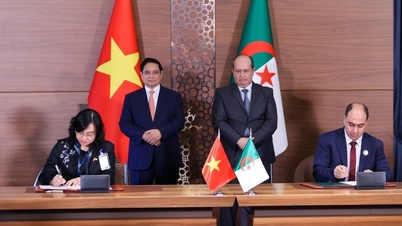

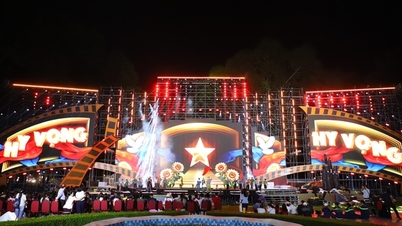
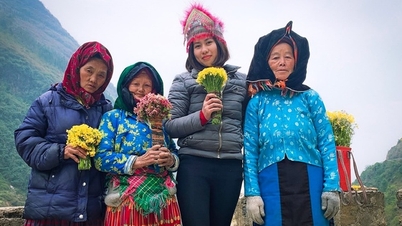
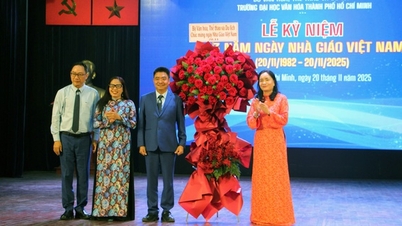
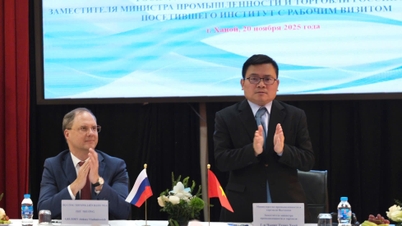




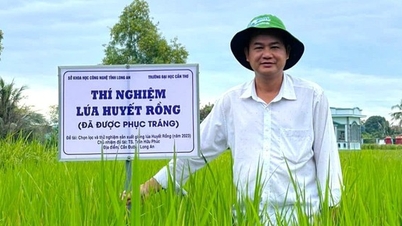
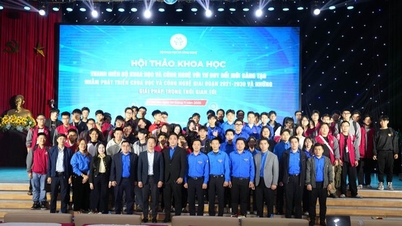
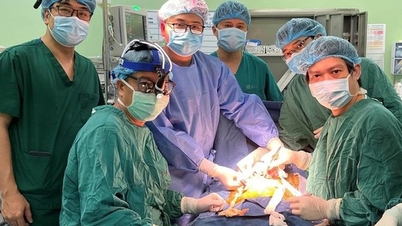
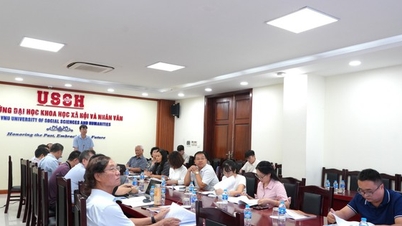
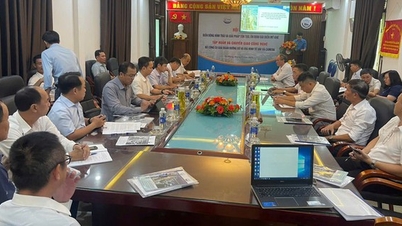
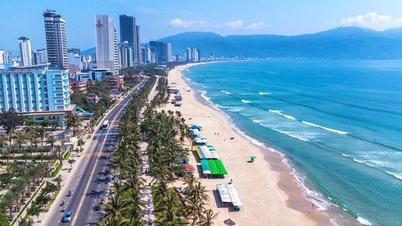
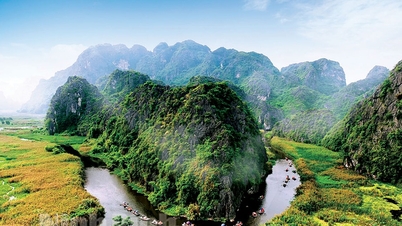





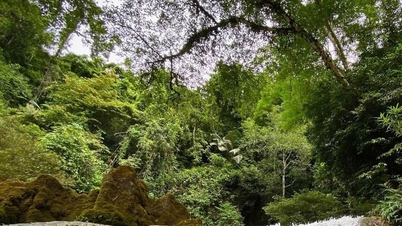





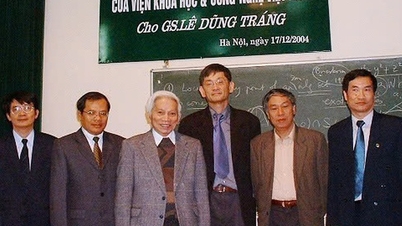

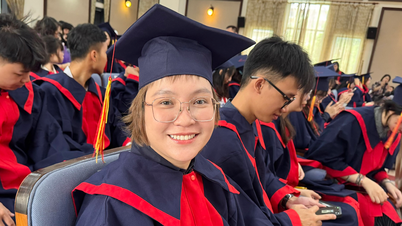
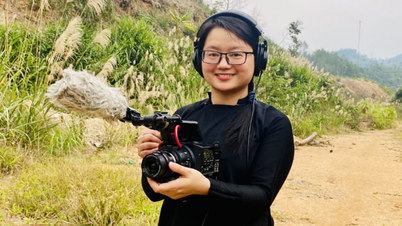

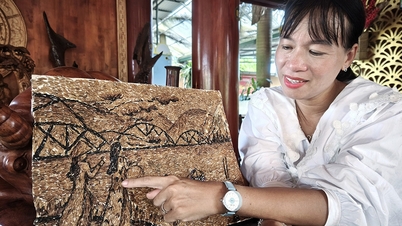
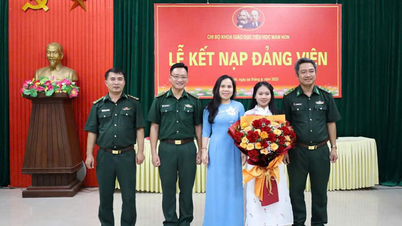
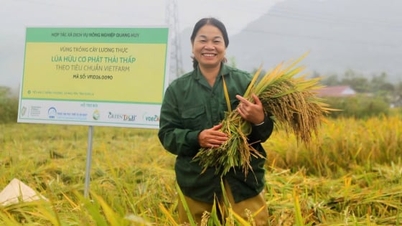

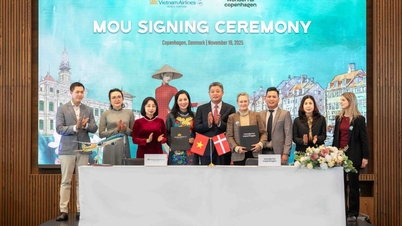

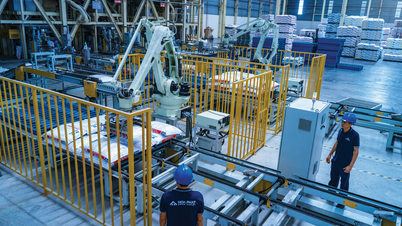
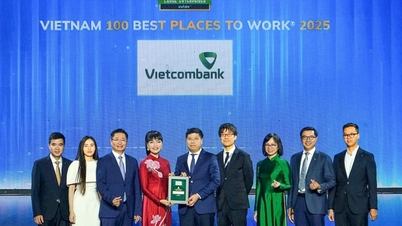














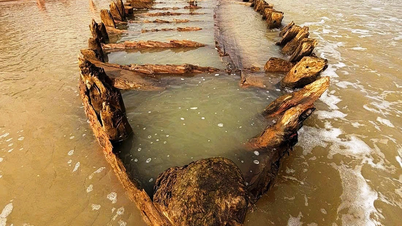
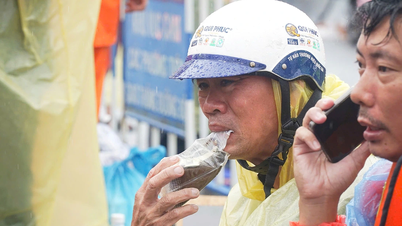





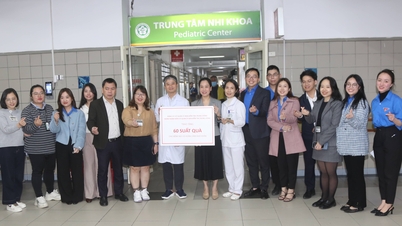

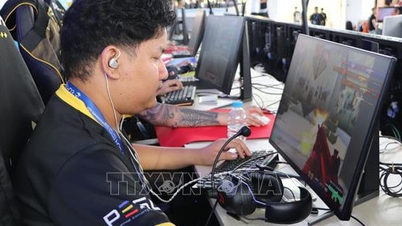

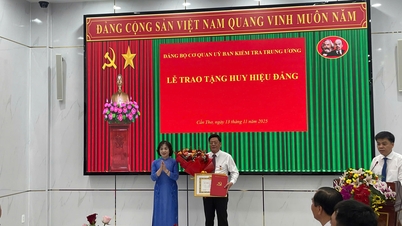


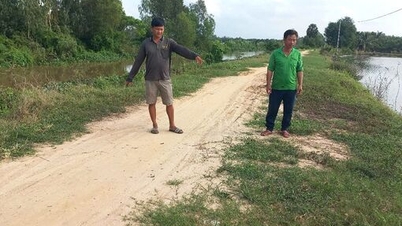

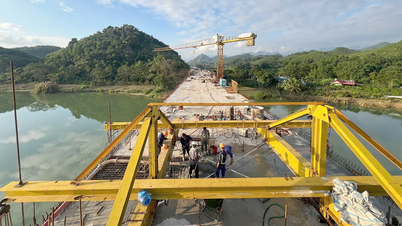

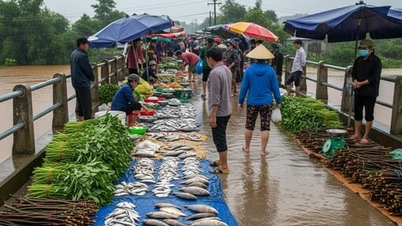
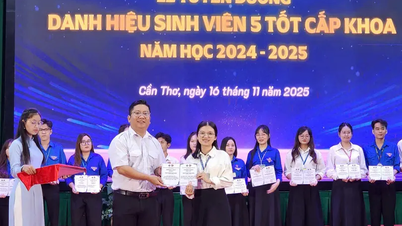














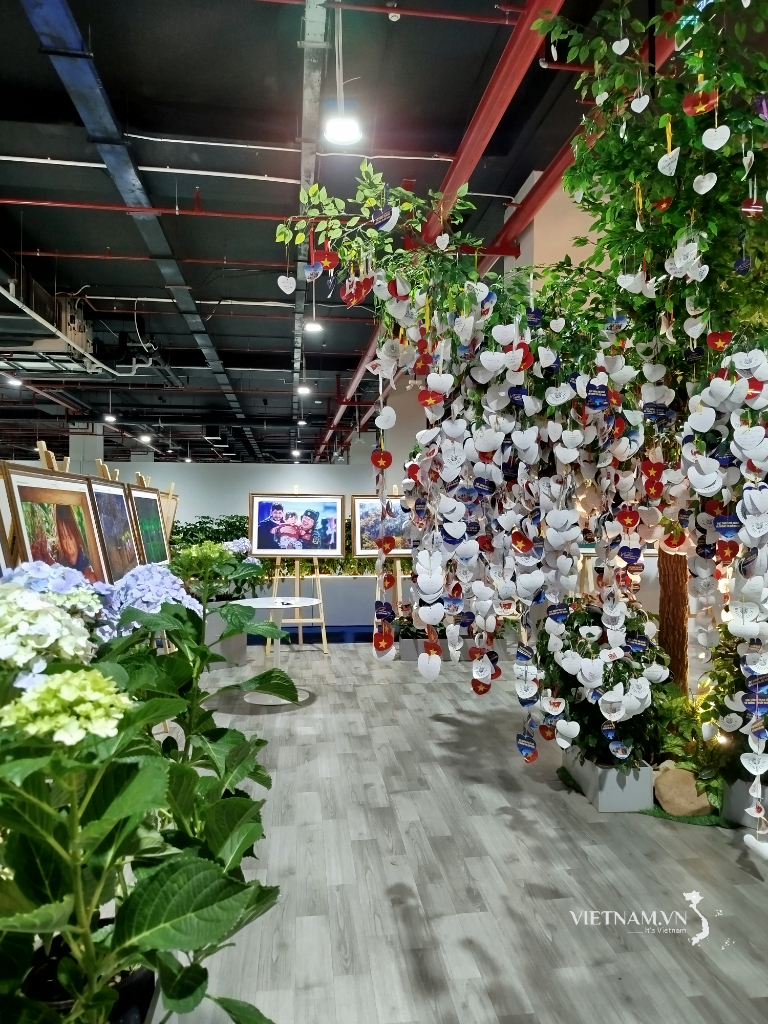

Comment (0)